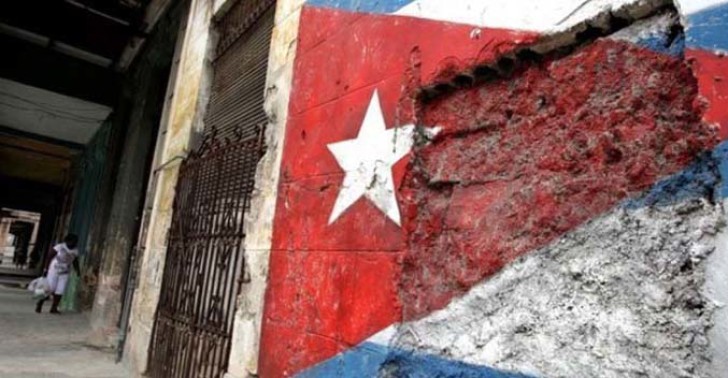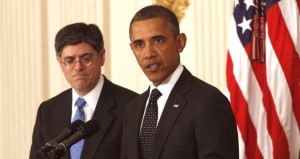
New amendments are limited and hard to apply
HAVANA — With great hoopla, the government of the United States has just announced new amendments to the restrictions of trade with Cuba. According to Treasury Secretary Jacob J. Lew, they are some of “the steps necessary to help the Cuban people achieve the political and economic freedom that they deserve.”
The media have commented extensively on these amendments, so I shall restrict myself to pointing out those that I consider most important:

- The possibility of financing and financing terms for the exportation and re-exportation (from third countries) of U.S. products to Cuba, except those related to the agro-food sector, which are prohibited by the Helms-Burton Law.
- Facilities for the granting of licenses for the exportation of products destined for the operation of “human rights organizations” in Cuba, as well as for the improvement of communications consistent with U.S. criteria about the political impact of such activities in Cuba.
- The granting of licenses for the exportation of products and services related to commercial aviation, including the possibility of leasing aircraft to Cuban state-owned companies, which complements the accords recently reached to that effect.
- The approval, on a case-by-case basis, of licenses for the exportation of products to Cuban state-owned companies destined to satisfy what’s defined as “the needs of the Cuban people.” This definition encompasses a very broad spectrum of possibilities, although it makes it clear that it excludes companies engaged in tourism, the exploration and production of minerals and other raw materials, e.g., crude oil, that are essential for the development of Cuba’s economy.
- Facilities for information and cultural exchanges, including the possibility of producing materials in Cuba, and payment to Cubans who work in these operations. In reality, this is a broader interpretation of the Berman Amendment, passed by the U.S. Senate in 1988 and later included in the 1994 Free Trade in Ideas Act, which eliminated these aspects of the blockade.
- Finally, including in the general licenses the presentation of sports events (amateur or semiprofessional only) and academic events in Cuba — which simply reprises what had been approved during the Bill Clinton administration.
Some commentators consider that these measures constitute a “giant” step in the process of normalization of relations between the two countries. However, as I see it, their span is limited, they are difficult to accomplish and do not reflect a clear willingness by President Obama to gird with deeds his new Cuba policy.
In the first place, they are measures focused on those political aspects that the United States considers will promote a “regime change” in Cuba, so you can assume that they will generate reticence in the Cuban government.
Also, there is no guarantee that the U.S. side will provide a very broad interpretation of the measures, inasmuch as most of them must be approved by the Treasury and Commerce departments. That process will entail difficulty and insecurity for the potential actors, both in the U.S. and Cuba.
The measures’ impact on the Cuban economy is not as relevant as one might think. They are not meant to satisfy the requirements of businesses that are essential to the country, and the possibilities of trade appear restricted in decisive sectors, such as food.
To this, add the fact that nowhere do they contemplate the exportation of Cuban goods to the United States, which limits and degenerates any exchanges. This will lead Cuba to consider the convenience of other markets to satisfy its needs.
Finally, all these measures are hampered by the ban on the use of the U.S. dollar in the transactions (an end to that ban is within President Obama’s powers), which makes every operation more expensive and generates the fear, especially in the financing and banking institutions, that they might be fined if the U.S. considers that they have violated the ban.
In sum, the new measures follow the pattern of U.S. policy of advancing at glacial speed within the presidential powers to restrict the application of the blockade, for the purpose of pressuring the Cuban government and setting the agenda of negotiations.
At the same time, the U.S. policy goes, the new amendments are accompanied by a media campaign that favors the democrats on the domestic level and creates the impression abroad that the U.S. is doing everything possible but that the Cuban government does not take advantage of the opportunities presented by the U.S. side.
Still, the new measures do give continuity to the process of negotiations that began on Dec. 17, 2014, generating expectations that, long-range, will determine its own dynamics. Perhaps we shouldn’t expect much more in an election year, when the right move is not to make waves and concentrate all political action on electing the next president of the United States.
Progreso Weekly authorizes the total or partial reproduction of the articles by our journalists, so long as source and author are identified.

